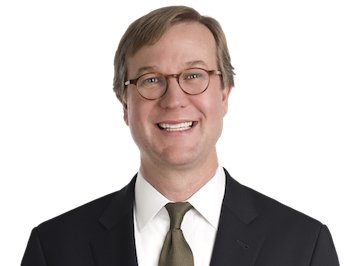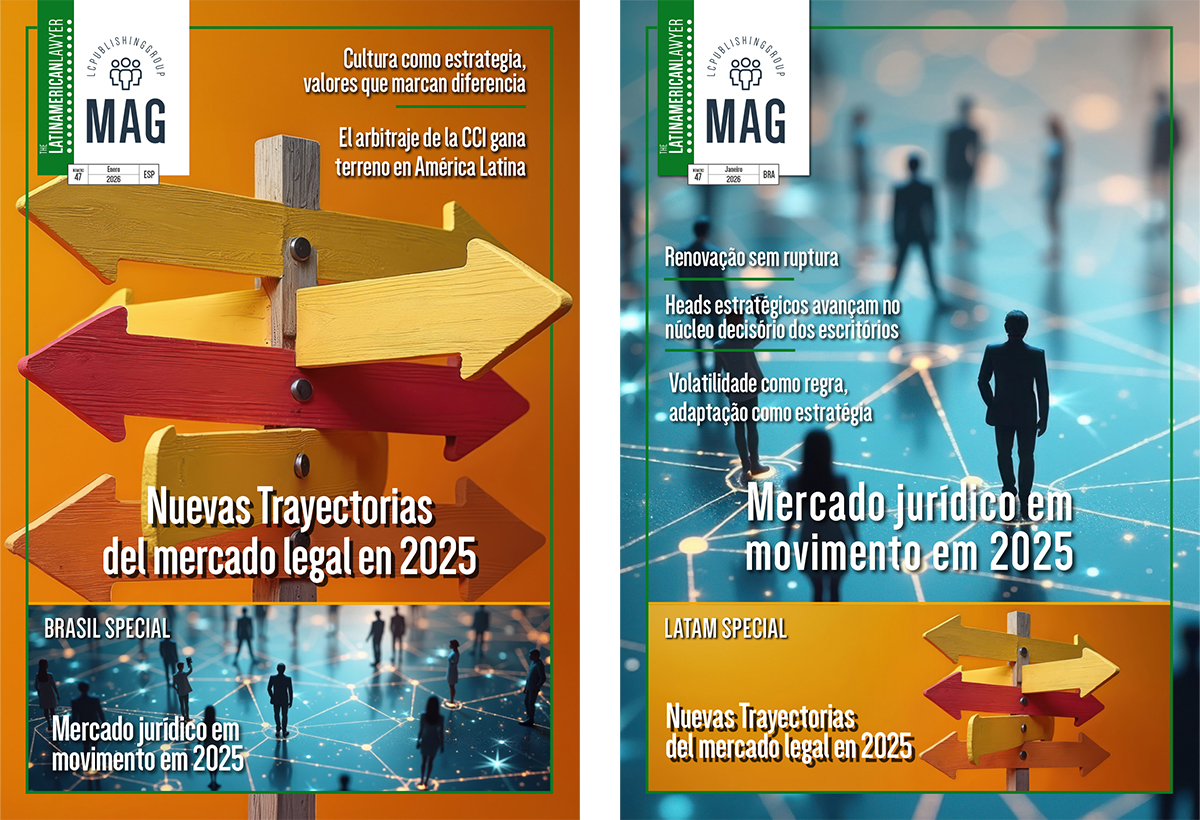Perceived corruption risk at all-time high in Latin America

Corruption risk is perceived to be at an all-time high across the region, according to a survey by US law firm Miller & Chevalier
 Despite Latin America’s anti-corruption progress over the last decade, including blockbuster investigations, high-powered politicians and business leaders behind bars, and improved laws in key jurisdictions, new survey data by the law firm reveals corruption risk to be at an all-time high across the region.
Despite Latin America’s anti-corruption progress over the last decade, including blockbuster investigations, high-powered politicians and business leaders behind bars, and improved laws in key jurisdictions, new survey data by the law firm reveals corruption risk to be at an all-time high across the region.
The 2020 Latin America Corruption Survey was put together by the law firm and 14 partner firms based on research carried out earlier this year, before the outbreak of the COVID-19 pandemic, and which tracks perspectives on anti-corruption issues in the region.
The annual report, which has been compiled since 2008, this year revealed that 54 per cent of survey respondents see corruption as a significant obstacle to doing business, a 10-per cent increase since 2012, while only 45 per cent of respondents believe offenders are likely to be prosecuted, down from 66 per cent in 2008.
“This year’s findings hint at a ‘two steps forward, one step back’ sentiment among respondents,” Miller & Chevalier member and international department chair James Tillen said.
“These setbacks aren’t uncommon, particularly when the experiences of people on the ground are still rife with corruption risk, in spite of all the talk and headline-grabbing cases,” he added.
However, enhancements to local anti-corruption laws in numerous countries are generating some signs of hope, the survey finds.
When asked if they think anti-corruption laws are having an impact, respondents from these countries show greater optimism than the regional average of 50 per cent: Argentina (72 per cent), Brazil (74 per cent), Chile (59 per cent), Colombia (55 per cent), Mexico (68 per cent), and Peru (63 per cent).
The findings of the survey offer important insight to understanding the region’s current challenges.
“In this new COVID-19 era, Latin America faces a toxic mix of factors, from increased government emergency spending that bypasses standard public procurement rules, to business leaders in survival mode cutting corporate compliance budgets, to employees facing pressures to meet their numbers,” Matteson Ellis (pictured), Miller & Chevalier’s Latin America practice lead, said.
“Add to this mix the fact that business professionals were already noting high corruption levels before the pandemic began, and the result is a perfect storm for misconduct to thrive, making corporate compliance safeguards more important now than ever.”
The survey reveals that more companies, both local/regional companies and multinationals, are embracing corporate anti-corruption compliance standards, a trend that has steadily increased over the last decade.
 “Increased government enforcement and expectations, in tandem with growing commercial pressures, have contributed to respondents in 2020 reporting the highest levels of anti-corruption training and anti-corruption policies since 2012,” Miller & Chevalier member and international department vice chair Alejandra Montenegro Almonte (pictured) said.
“Increased government enforcement and expectations, in tandem with growing commercial pressures, have contributed to respondents in 2020 reporting the highest levels of anti-corruption training and anti-corruption policies since 2012,” Miller & Chevalier member and international department vice chair Alejandra Montenegro Almonte (pictured) said.
“Nearly 60 percent now report their companies have established full-time compliance personnel, and third-party management efforts have also shot up. The increased adoption of these and other nuanced compliance measures suggests substantive attempts by companies to implement effective controls and procedures.”
“Those of us who have worked in-house will recognize the great value of the survey’s detailed findings on specific compliance practices in the region, since the data enables companies to benchmark their own efforts against those of others on a country-specific basis,” Miller & Chevalier counsel Gregory Bates added.
Nearly 1,000 compliance officers, senior executives, directors, and in-house lawyers participated in the survey, which gauged respondents’ familiarity with local anti-corruption laws, local governments’ investigation and enforcement efforts, and the steps their own companies are taking to combat corruption.
Among the findings of the survey from respondents’ responses are that employees of multinational companies are just as likely as local/regional companies to think they have lost business to corrupt competitors – a shift from 2012 and 2016, when local/regional companies perceived more lost business due to corruption.
While at least 70 per cent of respondents across the region rank political parties (77 per cent) and the legislative branch (70 per cent) as the two areas of government in which there is “significant corruption,” other government areas also register high risk. Between 60 per cent and 70 per cent of respondents rank the executive branch, judicial branch, police, municipal/local governments, and state-owned companies as significantly corrupt.
When compliance practices are analysed on a country-specific basis, two divergent compliance environments emerge in the region. One features countries with companies that continue to expand compliance program efforts beyond basic policies, and the other features countries with companies that have engaged in little effort to mitigate corruption risk.
Despite growing enforcement of local anti-corruption laws, the US Foreign Corrupt Practices Act (FCPA) continues to be viewed as the most important anti-corruption law for the region. Half of local/regional company respondents have some familiarity with the FCPA, and 86 per cent of multinational company respondents do, while 59 per cent of respondents who are not directly subject to the FCPA have at least some familiarity with the law.















